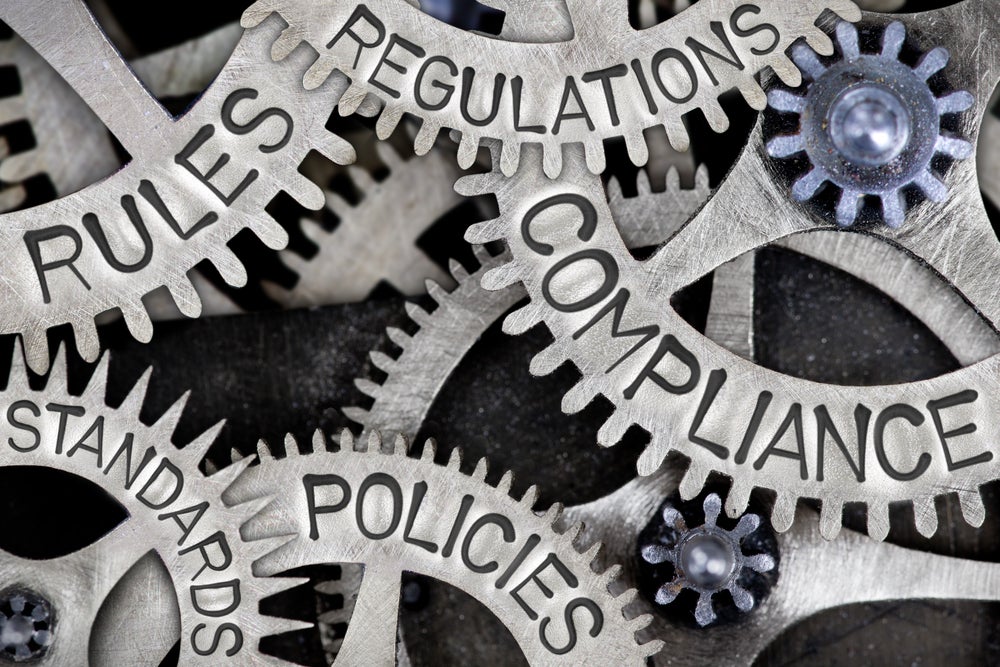A report published this week analysing the value of intangible assets in more than 120 stock markets suggests that there is a deep void to fill in business reporting and corporate culture.
According to research conducted by Brand Finance, a consultancy, more than half of the surveyed enterprise value worldwide ($71trn) are intangible assets.
At a launch event in London, Brand Finance chief executive David Haigh said only $11trn of those intangible assets is disclosed on the balance sheet of companies as a result of a transaction, typically a takeover.
"At the latest count [end of 2014] 22.5tr of assets are nowhere to be seen in balance sheets," Haigh said.
Brand Finance’s research goes back to 2001, before the dot-com bubble burst, when 63% of the enterprise value represented intangible assets.
In 2008, after the financial crisis, intangibles amounted for 40% compared to the current 53% according to the consultancy.
How well do you really know your competitors?
Access the most comprehensive Company Profiles on the market, powered by GlobalData. Save hours of research. Gain competitive edge.

Thank you!
Your download email will arrive shortly
Not ready to buy yet? Download a free sample
We are confident about the unique quality of our Company Profiles. However, we want you to make the most beneficial decision for your business, so we offer a free sample that you can download by submitting the below form
By GlobalData"How much intangible value is out there? Are markets fairly priced?" Haigh said.
The launch event was followed by a panel discussion hosted by the Chartered Institute of Management Accountants (CIMA).
The UK Secretary of State for Business, Innovation and Skills (BIS) Vince Cable was one of the panellists and gave an overview of his department’s policy agenda with regard to intangible assets.
Cable also mentioned the work of CIMA head of policy research Naomi Smith on the institute’s global management accounting standards, as a tool to measure non-financial information.
"I think the standards established a benchmark and my department has looked into this as something we should be promoting and accepting," Cable said.
Similarly Haigh mentioned the work of the International Valuation Standards Council (IVSC), led by David Tweedie, whose standards would help company boards to put values on intangible assets.
The way forward for Haigh is: "The IVSC setting down standards in conjunction with the accountancy bodies to make sure that is properly regulated.
"When I started 20 years ago, it was just cowboy town. People just made up numbers. Now [valuation] is more professional, and could be more professional."
Integrated reporting
Another tool and way forward for measuring intangible assets is the Integrated Reporting (IR) framework.
Asked about the current debate on whether or not IR should be mandatory, CIMA chief executive Charles Tilley told The Accountant, that this issue is under consideration by governments and regulators around the world.
For example, in the UK, the introduction of the strategic report which company directors must prepare for each financial year.
"It’s the UK’s version, if you like, of IR and is really changing business behaviour, as organisations need to focus on the long term and tell the story of how they create value," Tilley said.
The strategic report in this country is mandatory and I think that it is consistent with IR, there’re some languages issues but in broad terms is the same.
"It’s about organisations saying this is where we are, this is how we create value today, and this is what we are going to do moving forward in the future," Tilley added.
Related stories
Tweedie and the valuation void: is another financial crisis looming?
Global principles needed to underpin management accounting: CIMA






